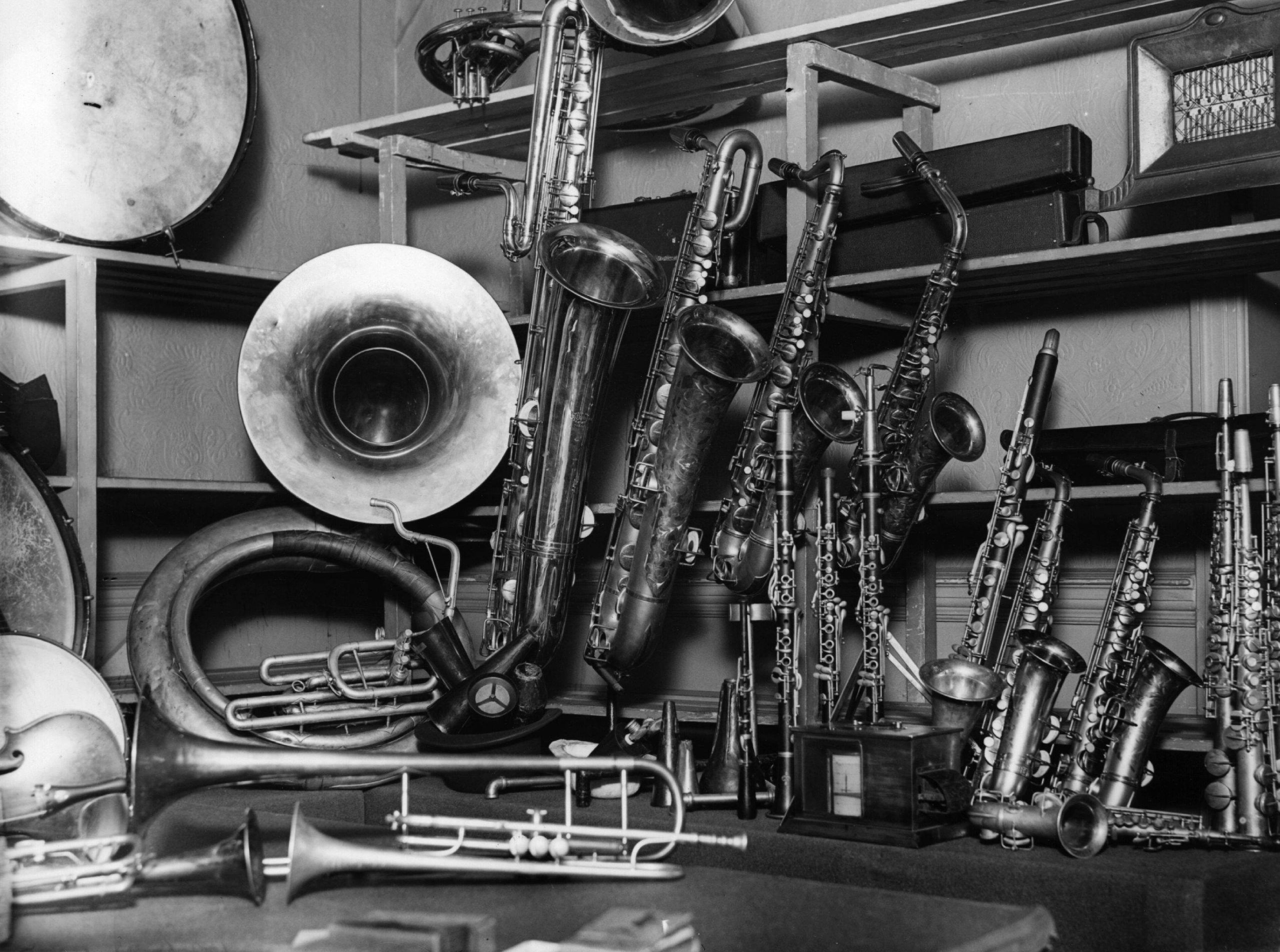
 It was in the late 1970s, on a visit to the wonderful record library at Birmingham’s (now sadly demolished) Central Library that I discovered this album. And ever since then, I’ve been obsessed with this question: how can one of the most diverse, inventive and beautiful records ever made in Britain remain so little-known? Neil Ardley is one of the forgotten geniuses of British music. He was a central figure to that thriving, close-knit community of musicians who did so much to enliven the British jazz scene of the late 1960s and early 1970s: names such as Ian Carr, Don Rendell, Mike Gibbs, Jon Hiseman and Barbara Thompson. Central to this movement was Ardley’s New Jazz Orchestra, which provided a vehicle not just for playing but for long-form, ambitious composition. Ardley’s works grew more and more expansive during this time, culminating in this epic but still intimate work, recorded in 1971 with the visionary producer Denis Preston.
It was in the late 1970s, on a visit to the wonderful record library at Birmingham’s (now sadly demolished) Central Library that I discovered this album. And ever since then, I’ve been obsessed with this question: how can one of the most diverse, inventive and beautiful records ever made in Britain remain so little-known? Neil Ardley is one of the forgotten geniuses of British music. He was a central figure to that thriving, close-knit community of musicians who did so much to enliven the British jazz scene of the late 1960s and early 1970s: names such as Ian Carr, Don Rendell, Mike Gibbs, Jon Hiseman and Barbara Thompson. Central to this movement was Ardley’s New Jazz Orchestra, which provided a vehicle not just for playing but for long-form, ambitious composition. Ardley’s works grew more and more expansive during this time, culminating in this epic but still intimate work, recorded in 1971 with the visionary producer Denis Preston.
Side one contains the “Symphony”. There are four movements: Carillon, Nocturne, Entracte and Impromptu. The titles hint at classical music and you can tell that this is where Ardley’s ambitions were starting to take him. There is a strong Gil Evans influence, but Ardley pushes the jazz orchestra’s palette further by including strings, woodwinds, harp and tuned percussion. The textures are sometimes bold and brassy, but just as often featherweight and delicate: modal harmonies summon up an English pastoral feel that recalls Vaughan Williams more than Duke Ellington. The soloing – particularly from Ian Carr – is sublime.
Side two is full of further delicious surprises. A ten-minute setting of “The Dong with a Luminous Nose”, narrated by Ivor Cutler with lugubrious glee. And then three exquisite songs to words by Yeats, Joyce and Lewis Carroll, with Norma Winstone’s voice sounding even more honeyed and crystalline than usual. The first of these – Yeats’s “After Long Silence”, with its subtle woodwind flavourings, autumnal tonalities and eloquent tenor solo from Don Rendell – is a true masterpiece.
It’s rare to find any album one can listen to hundreds of times without ever tiring of it. This, for me, is one of that special breed – and not just because it always gives me a nostalgic pang to remember the lucky day I chanced upon it in a Birmingham library.
This article appears in the 08 Dec 2020 issue of the New Statesman, Christmas special





